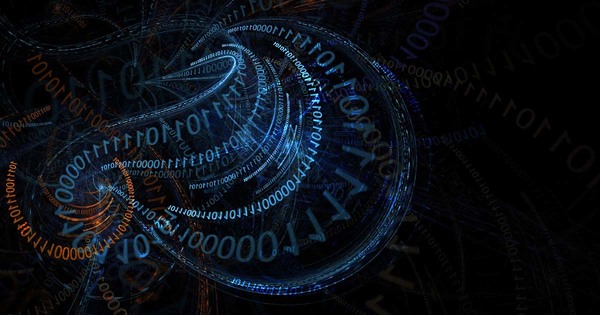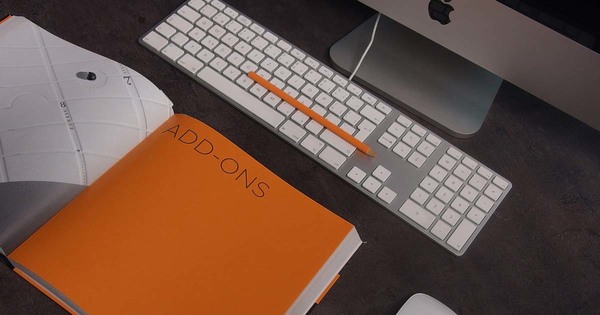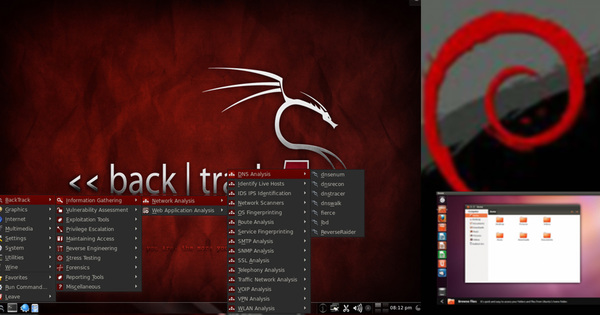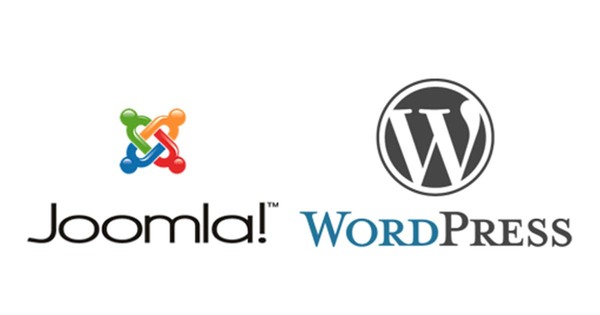Debian GNU/Linux9.4
Debian GNU/Linux.
- System
- Operating Systems
- Linux Distributions
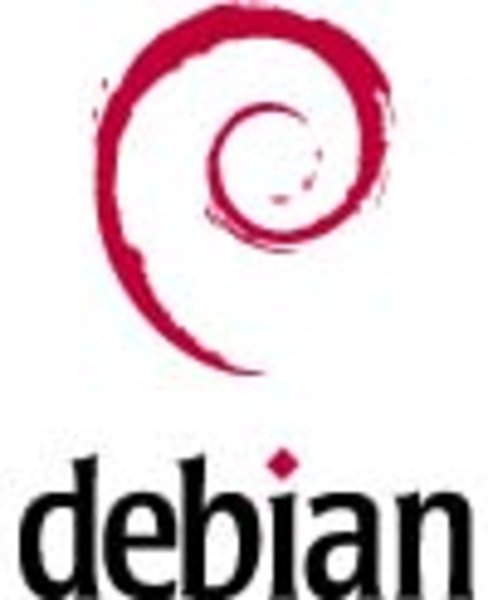
Debian is a free operating system (OS) for your computer. An operating system is the set of basic programs and utilities that make your computer run. Debian uses the Linux kernel (the core of an operating system), but most of the basic OS tools come from the GNU project; hence the name GNU/Linux. Debian GNU/Linux provides more than a pure OS: it comes with more than 8710 packages, precompiled software bundled up in a nice format for easy installation on your machine.
- linux
- Downloads26727
- LicenseOpen Source
Downloads / Release History
- http://ftp.us.debian.org/debian/dists/Debian9.3/
- http://ftp.us.debian.org/debian/dists/Debian9.2/
- http://ftp.us.debian.org/debian/dists/Debian9.1/
- http://ftp.us.debian.org/debian/dists/Debian9.0/
- http://ftp.us.debian.org/debian/dists/Debian8.8/
- http://ftp.us.debian.org/debian/dists/Debian8.7/
Comments
I have used early Slackware versions, SuSE 5.2 to 6.0 and Dabbled in Caldera... I like Debian the best. The amount of packages handily defeats even SuSE. Installation ease has to go to SuSE, though once you are familiar with the way of doing things, Debian wins out. Debian 2.1 is now over a year old, and in Linux terms that's ancient. They have a little bit of a political way of doing things which undeniably slows them down, though one has to admit that thousands of packages is a heavy weight to carry. It would be a mistake to assume Debian is not up-to-date. You load an old version off CD-ROM, but Debian has a phenomenal Internet upgrade procedure. You edit a list of sources for .deb files (quite plentiful) and run a program called apt-get. Packages and applications update *in place*. I am at this very moment upgrading my 2.1 ("Slink") system to a 2.2 ("Potato") system over a 56k dial-up line (yes, it takes a while, but can be interrupted and pick up where it left off). I write this comment for those judging distributions. If you have *some* Linux experience (enough to be comfortable with the Bash shell and use man) you owe it to yourself to try. I'll never go back to my second favorite, SuSE. And I haven't even voted yet (gimme a minute)
There are 4585 packages!
I have just install Debian2.2 (1 week) and it is really cool. apt-get is really fantastic and there is no equivalent in the rpm world (autoirpm & urpmi in the future perhaps ? but I have not test them a lot). The pakages are very good but sometimes very old : why Gnome is not the last release ? The installation is not as difficult as it is said : You can make it in the order you want and it is very useful when you had make a mistake ;) But Debian is a always a guru-distrib : It doesn't detect my ATI Rage IIC and I have to configurate my SoundBlaster "by hand" :( Now it's work :) So .... Debian is a very good distrib but I think it is a distib for person who have a permanent free access to Internet (In France it is very expensive ..). Moreover there are not a lot of magazine which give .deb in their CDROM (they prefer .rpm or .tgz... but compile a prog take times ;) That's why I keep my Mandrake in my HD. Debian for the "programmation" and Mandrake for "Office" and "multimedia" because magazines give more .rpm ... and of course Mandrake is a good distrib which take good idea of debian (menu, ...) PS : ... and in the other part of my HD : win for my winModem :( Sniff !!
Yes, of course it is. At last ! A linux who doesn't care about the last version of package-....., but instead uses the STABLE version. As i am sys/net admin, i must admit Debian is pro. you want to upgrade your system ? apt-get update && aptg-get upgrade ... it seems it will not waste time anymore searching for rpms.
It is funny, I was at the LWE in NYC this year, when I overheard a guy make this statement... it is so true, the evolutionary scale of a Linux user if you will: "Everyone should start out with RedHat or maybe Caldera, they are simple and for the most part harmless and they are enough to at least get the new user over fear of *Linux* -- then, next stop should be Slackware, it is like that old piece of shit car you had as a teenager, you spend most of your time working on it and your friends all laugh at you for owning it, but you learn a lot about keeping a system going (the hard way) and later on down the road, you'll be glad you picked up what you did -- next stop is SuSE, this is Linux refined, powerful and loaded with applications, now you are starting to realize all you can do with Linux. But you will have miss the ability to get under the hood like you used to and fine tune things the way *you* like'em -- Now, time to step up, Debian GNU/Linux, you have made it, Linux perfection!" I guess one needs to add a fork in the road somewhere for those who end up with Mandrake? Debian == Work | Play == Mandrake
This is one NICE operating system. Easy to install and configure for newbies, yet powerful. The package installation/removal system is superb!
Debian only lacks sofware optimization. All packages should be compiled at least for i586. Or at least have a way to recompile them before installing, a la gentoo.
Debian is the only community run linux distribution. If you are thinking wait a minute what about fedora. Think again, and have a look at how fedora's policies are made in particular long term policy. This in itself I think is enough reason to use Debian and actively dis-regard other distributions, at least for the politically minded. By using Debian and thereby adding to its user base, you ensure that the future of linux and such things as linux standards would not be controlled by co-orporate lobbies but by the community at large.

